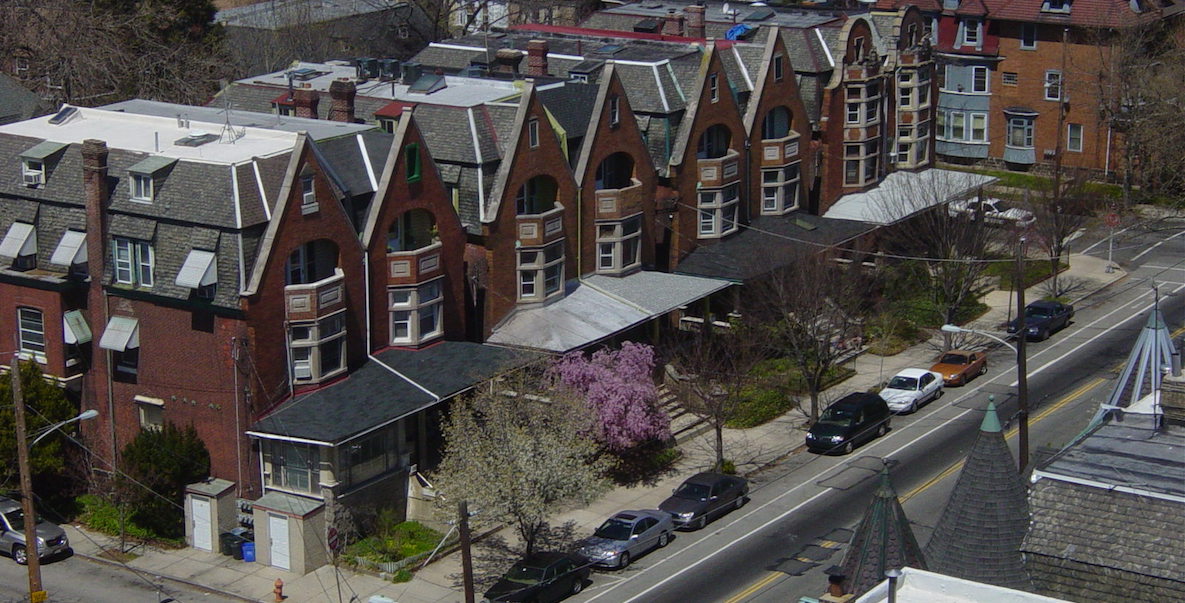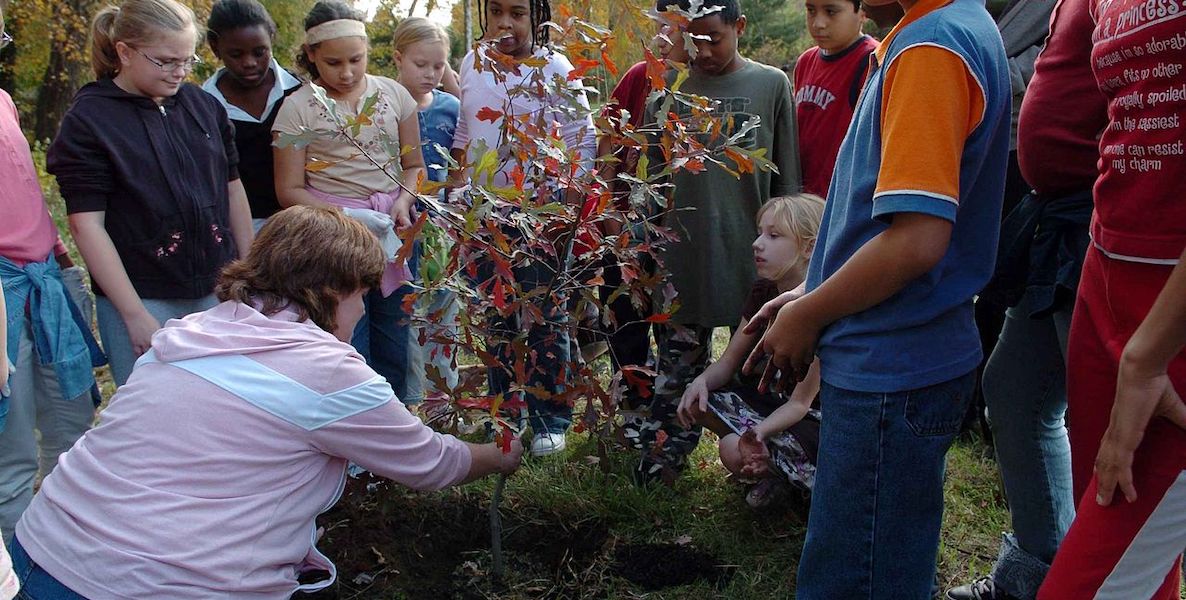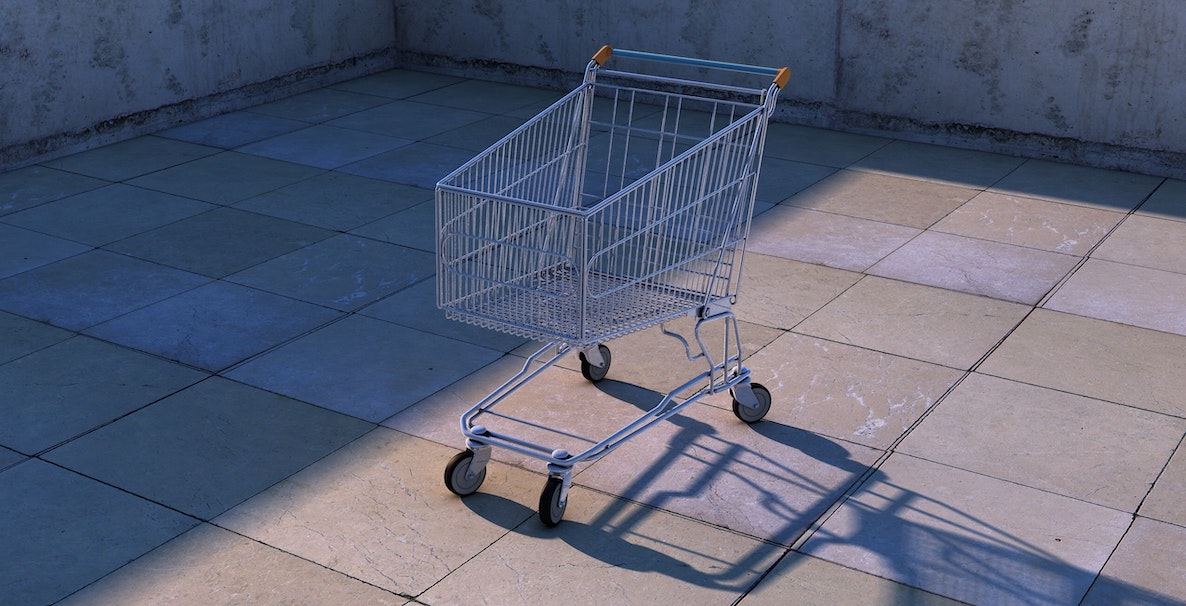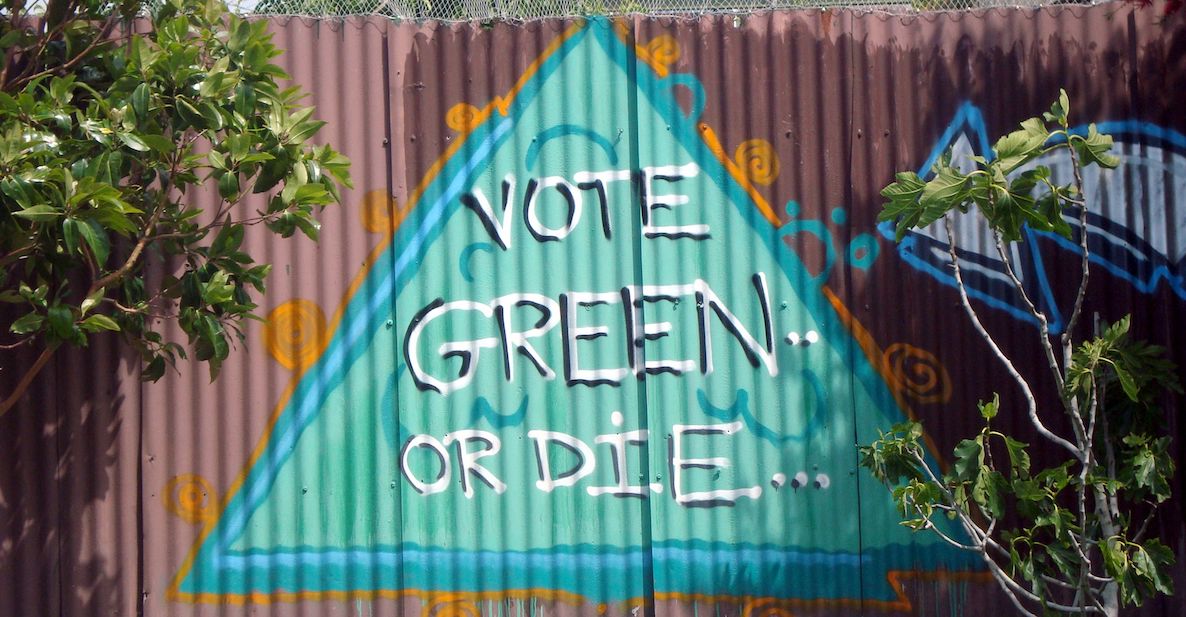Philly, old and distressed city that it is, clearly has its share of problems. Candidates in the upcoming 2019 elections are certain to serve up an obligatory, templated conversation on those problems as we approach the May primaries, particularly on the classic ones: Crime. Taxes. Schools. Jobs. Gentrification will feature prominently because angry town halls will give them no choice.
But one issue candidates will dangerously miss is the state of Philly’s environment.
Part of the problem is the disconnect created between most Philadelphians’ perceptions of the environment and the reality of how alarming that issue is for the city. Clearly, Philadelphia is a living, breathing environmental disaster that not only exacerbates chronic disease, economic distress and bad quality-of-life in the city, but routinely kills residents through worsening air and water quality.
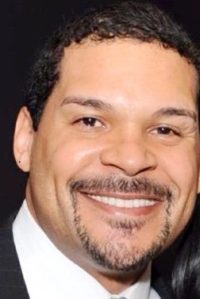
Voters, however, never impress on incumbents and candidates that it’s an urgent issue—therefore leading to general complacency from the city’s elected class. When the Pew Charitable Trusts Philadelphia Research Initiative last polled residents about the issues most important to them, the environment didn’t even register. At most, discussing “green” is simply a checked off talking point on a list of many for the campaign trail. Or, it’s simply repeating “climate change” enough to keep advocates off their back. Rather than a debate, it’s been a relatively polite discussion designed for a specific demographic and class of Philadelphia resident.
But this is beyond green-living and climate change awareness. There are bigger issues at play, and it’s one of the main reasons WURD launched its ecoWURD environmental justice journalism project in 2018, along with a committed weekly ecoWURD segment on WURD’s Reality Check. In fact, ecoWURD is a first-of-its-kind: a major Black-owned media outlet dedicating resources to covering the environmental space and how that correlates to quality of life for Philadelphia’s Black and largely vulnerable populations.
Its first live event — in partnership with Green Philly — is on March 2nd with a discussion on “The Future of Work in Philly’s Green Economy” at the Pennsylvania Academy of Fine Arts. But it also presents an opportunity to dramatically alter the trajectory of the citywide dialogue on environmental issues, especially when it could use a healthy dose of diversity. A panel of key community voices on the state of Philly’s environment, and how that’s as much of a black and brown problem in Philly as it is for anyone else, projects needed noise on the topic.
It’s also a step towards forcing Philly’s elected class to offer real action items versus lip service. Especially in Philly, politicians can’t simply set “aspirational” goals (a real debate that’s lit up Washington and the 2020 Democratic presidential field lately). Instead, they’ll need to aggressively set targets and immediately execute a “green” mission through urgent leadership.
When the environment is intersected with issues related to race, income, public safety, education and health, people start understanding the scope and magnitude of the problem. The state of Philly’s environment is one of enormous consequence for the city’s present and future, and it drives the other indicators gauging city habitation and existence. It’s not a matter of simply measuring whether the city is “green” enough or if we’re taking better care of Fairmount Park and carving out more bike lanes. It is, arguably, the greatest overall measurement of living standards in Philadelphia, and when spotlighted, it begins to explain the root causes of lingering city ills.
At most, discussing “green” is simply a checked off talking point on a list of many for the campaign trail. Rather than a debate, it’s been a relatively polite discussion designed for a specific demographic and class of Philadelphia resident.
Take air quality as an example. Deteriorating air quality plagues Philadelphian lungs, and it’s “ranked 12th for particle pollution year-round and 24th for days with high ozone pollution,” according to a 2018 American Lung Association report. It made a top six list of most polluted major cities east of the Mississippi River. And while the Environmental Protection Agency — under a Trump White House, no less — had set target “air pollution concentration” at 70 parts per billion, Philly was federally cited for a dismal 77 parts per billion … that we know of. In America’s 5th largest city, there are only a dozen air quality monitors to speak of when there should be more. Strategically positioned around the city as sites, air monitors provide a stream of constant data that updates Philly regulators on how healthy (or not) city air is.
When the city’s health commissioner, Thomas Farley, recently appeared on WURD’s Reality Check to discuss findings from the Health of the City 2018 report, he initially kicked off a glowing progress update on the city’s air quality. But Farley’s tone changed quickly as he was forced to concede the need for more air monitors, which he said the city plans to expand from 12 to 50.
Attend ecoWURD’s eventDo Something
The dire air quality situation in Philly helps explain why asthma rates are so high, especially in the most economically distressed areas where air quality is worse. Indeed, the Asthma and Allergy Foundation ranked Philadelphia 4th out of a list of 20 “asthma capitols” throughout the nation. It also offers greater context surrounding persistent struggles with high poverty, high asthma, high respiratory illness and high cancer rates in places such as those South Philadelphia neighborhoods impacted by high polluting oil refineries.
The City has also been oddly quiet about the fact that, since China has banned the purchase of recyclables, half of the items residents diligently put out on the curb for recycling is sent to the Covanta incinerator in Chester to be burned — at $78 a ton, according to an article in The Guardian, with disastrous consequences to the air quality just south of the city.
Articles from Charles D. EllisonRead More
Mayor Jim Kenney extolls the virtues of a pie-in-the-sky goal to cut citywide carbon emissions 80 percent by 2050, as well as his stand with other cities on the Paris climate treaty. Yet, noticeably, he’s never really translated that talk into any real action on poor environmental health. Neither has City Council. It finally held a hearing on environmental racism, after some prodding from Councilwoman Cindy Bass (who’s getting an earful from North Philly residents) — but that was just a hearing.
But the rhetoric inside City Hall doesn’t match the action; the Mayor talks a good “zero carbon” game, but his administration allows SEPTA’s Nicetown power plant to pollute more with the switch from PECO energy to liquefied natural gas, as well as casually approving permits for Philadelphia Gas Works’ (PGW) proposed LNG plant in SW Philadelphia. But, since these projects are being built or expanded in low income Black communities, City Hall appears more than willing to defy its own pledge.
It’s interesting how, despite the city’s poor environmental health, Philly continues scratching its collective head to understand and manage a wide range of other problems. Philly’s environment is as much a stressor as Philly’s stubborn poverty rate.
That doesn’t exactly help with decreased carbon emission goals — and the Mayor should hear it from voters in 2019. Considering something like a citywide environmental “State of Emergency” could help City Hall tackle other issues ranging from high levels of toxicity and lead in public schools to rising violent crime. We might talk about Flint, but Philly’s children are actually experiencing higher rates of lead poisoning than the now infamous Michigan town; more than 2,700 young Philadelphians, mostly under 3 and mostly Black, are diagnosed with lead poisoning each year.
Water quality is yet another issue City Hall won’t fess up to, even as incumbents are already stomping through the usual stops in search of your vote. And it’s more alarming than water main breaks or flooding in Center City.
As ecoWURD pointed out in a recent exploration of the topic, it’s not even clear if Philly water is adequately tested. “At the source, the water is clean, but when it hits the homes that’s another question,” Jerome Shabazz, Executive Director of the Overbrook Environmental and Arts Education Center and a “former employee of the Philadelphia Water Department [with] firsthand knowledge of water treatment facilities,” told ecoWURD in September.
It’s interesting how, despite the city’s poor environmental health, Philly continues scratching its collective head to understand and manage a wide range of other problems. That’s funny because it’s all connected. No one can put their finger on what’s causing an eruption in homicides — yet children are poisoned in their homes, urban heat islands in the summer intensify, trash corridors expand, and industrial pollution creates or instigates higher levels of chronic disease.
City officials believe simply re-acquiring and throwing more money at Philly’s crumbling school system will magically increase academic aptitude, yet they’re slow to respond to toxic classrooms, schools without air conditioning, and the absence of playgrounds. Philly’s environment is as much a stressor as Philly’s stubborn poverty rate.
With that being the case, Philly’s voters should be environmental voters. And the candidates on the ballot should be talking about and leading on pollution and the environment way more than they are now. They could start by studying the 10-page “Climate Platform for Philadelphia’s 2019 Election” developed by local environmentalists Meenal Reval and Tanya Seaman that lays out 10-year goals that range from transitioning to renewable energy, to planting more trees, to increasing SEPTA ridership.
Even some of those proposals worked into a campaign would show residents that our politicians do care about the state of our air and water — and by extension our health and well-being. This year should mark a turning point in city leadership’s conversation on Philly’s environment. If they’re not interested in having a real one, residents shouldn’t be interested in lending their vote.
Charles D. Ellison is Executive Producer and Host of “Reality Check,” which airs Monday-Thursday, 4-7 p.m. on WURD Radio (96.1FM/900AM). Check out The Citizen’s weekly segment on his show every Tuesday at 6 p.m. Ellison is also Principal of B|E Strategy, catch him if you can @ellisonreport on Twitter.
photo via Flickr


